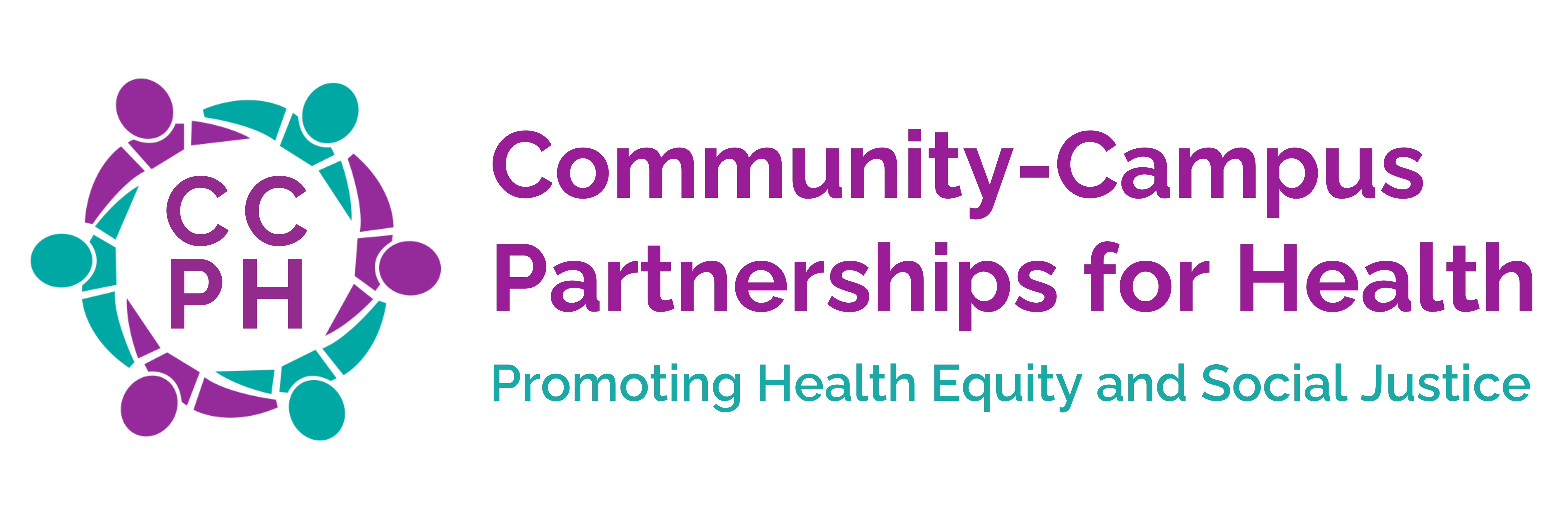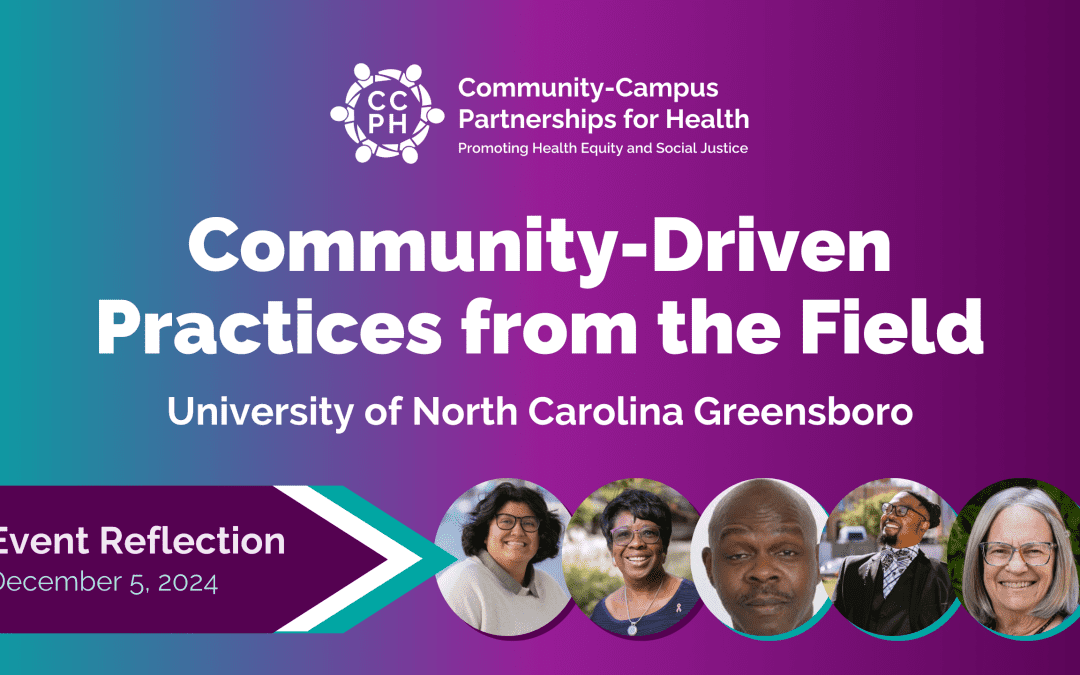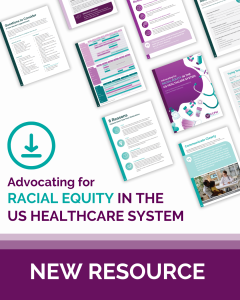In partnership with the University of North Carolina at Greensboro, Community-Campus Partnerships for Health hosted an expert panel titled, Community-Driven Practices from the Field on December 5, 2024.
The panel consisted of 5 experts in community-engaged research from the perspectives of an undergraduate student, community partners, and academic partners.
By participating in this panel, attendees gained insights from various perspectives on institutional influence on research, junior faculty training of community-engaged research, and how community-engaged training enhances the undergraduate student experience.
Watch the recording
Expert Panelists
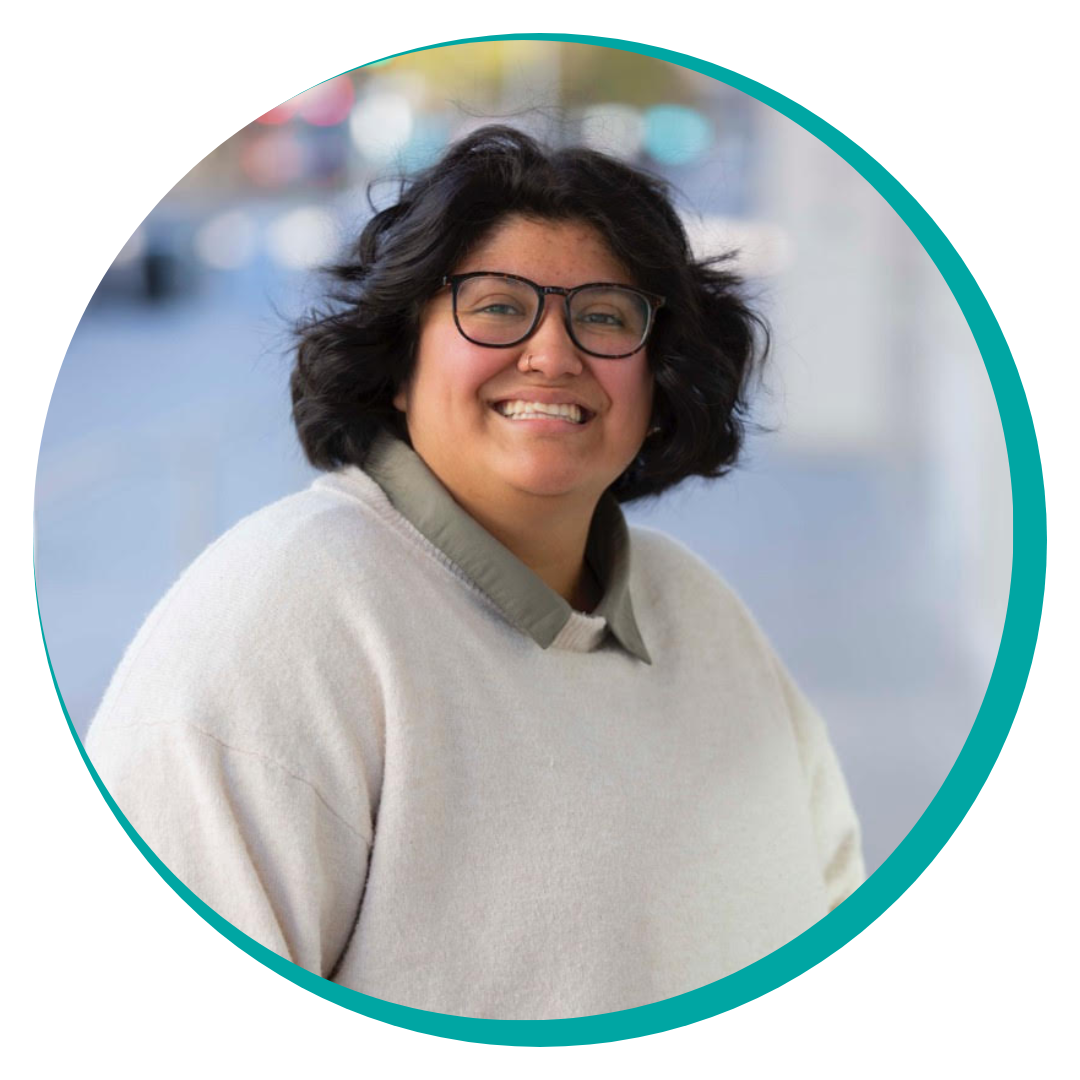
Anahy Salcedo (they/them) is a Latinx, Queer, and first generation graduate student at San Francisco State University. Anahy grew up in a small city in Utah, attending the University of Utah studying Kinesiology. During their third year after a challenging experience in a traditional science research setting, accepted a fellowship position doing community based research with United Way of Salt Lake. Through their work at UWSL, they connected with the Community Research Collaborative to support administratively and join the collaborative as an undergraduate student. Anahy is working towards a credential and master’s degree to become a Chemistry Teacher
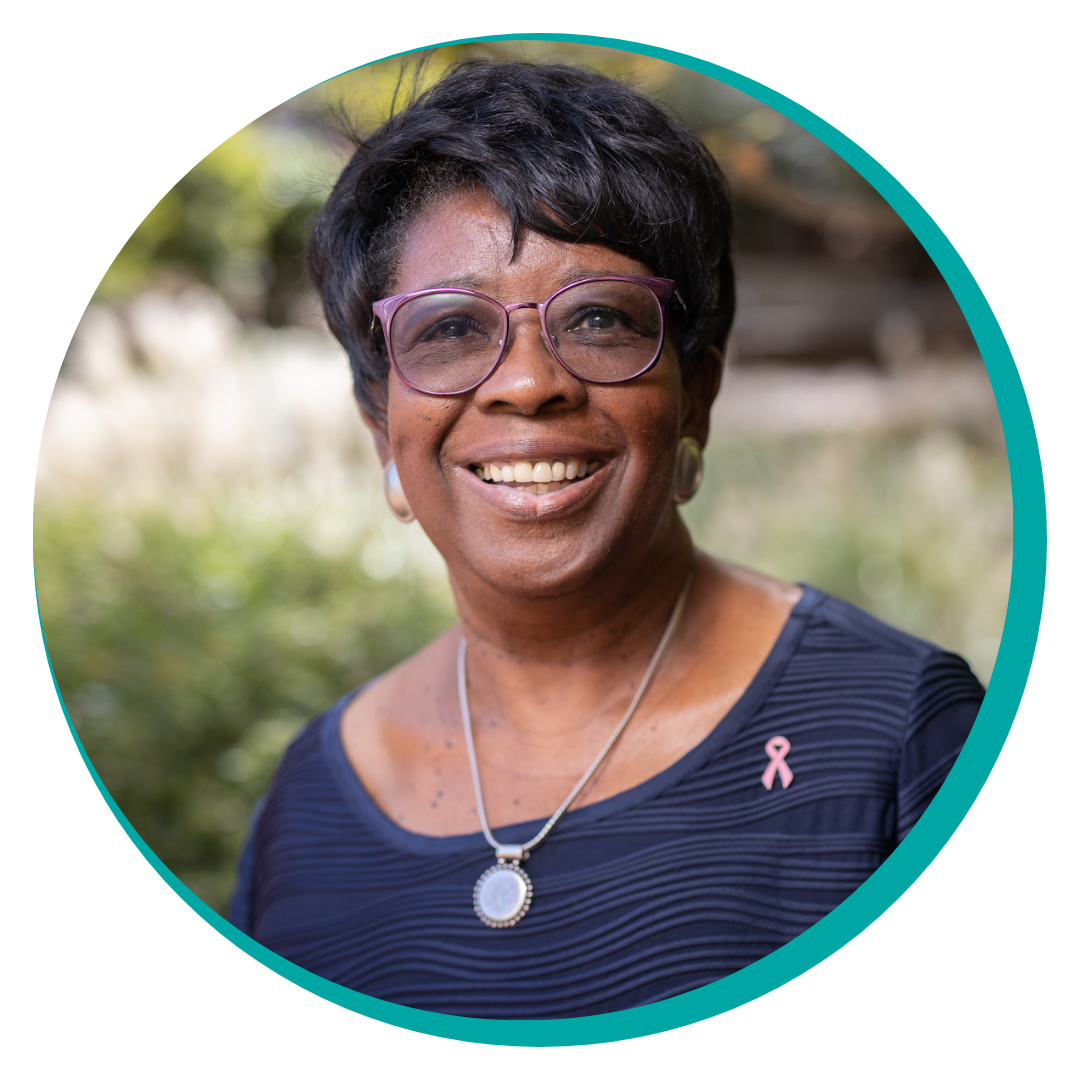
Patricia J. Peele, M.A.Ed., has over 30 years of experience in organizational leadership, strategic planning, adult and community development; specializing in youth and adult leadership development, adult education and volunteer training programs. Since 2002, Mrs. Peele has served as the Health Education and Outreach Coordinator at Rural Health Group, Inc., Roanoke Rapids, NC where she organizes, secures funding for and directs a 28-member health care coalition. She also plans and manages a health disparities initiative for a medical network in six counties in northeastern North Carolina as well as manages a Lay Health Advisor volunteer training program.
Prior to work at Rural Health Group, Mrs. Peele worked with the North Carolina Cooperative Extension first as an Extension Agent and later as a County Extension Director. She is the president of the Peele Consulting Group, which provides leadership development and training consultation. In 2018, Mrs. Peele received the Spirit to Impact Award Recipient from Susan G. Komen Triangle to the Coast Affiliate. Mrs. Peel has served as a member and chair of the Halifax County Board of Health; a member of Rural Health Group Board of Directors; Founder and Senior Consultant of Roanoke Valley Breast Cancer Coalition; a member of the Halifax County Human Relations; and a member of the Beaufort County Board of Education. Mrs. Peele has a B.S from Bennett College, Greensboro, NC, and a M.A.Ed. from East Carolina University. She is also a Rural Economic Development Institute Graduate, has studied adult and community college education at North Carolina State University and received a non-profit management certificate from Duke University, Durham NC.

Zachary Rowe, BBA, the Executive Director of Friends of Parkside (FOP), a community-based organization in Detroit’s east side, has over 25 years of experience in leading youth development, technological education, and community health initiatives. Raised in the Parkside public housing complex, where his mother, Catherine, was a founder and the first director of FOP, Zachary’s deep-rooted connection to the community drives his work. His expertise in nonprofit management includes financial oversight, personnel, volunteer coordination, and program innovation. Rowe’s commitment to community-based participatory research (CBPR) is evident in his close to three decades of involvement. A founding member of the Detroit Urban Research Center Board, he has been pivotal in steering committees such as the Healthy Environments Partnership, Community Action Against Asthma, Climate Hazards, Heatwaves, and Health (CHHH) Partnership, MCEAL/CIVIC, and others, focusing on strengthening community-academic collaborations. Rowe has played significant roles in major research projects, including as co-principal investigator for the DECIDERS statewide project funded by PCORI and community partner for the Community Tech Workers program funded by the National Science Foundation. His contributions also extend to roles in projects like the Healthy Michigan Plan Medicaid Expansion Evaluation Team. Rowe’s career embodies dedicated community service and impactful research leadership.

Kent Key, PhD, MPH, is a Health Disparities Researcher. In 2020, he authored a resolution Declaring Racism as a Public Health Crisis and has spearheaded initiatives locally and regionally, and nationally. His work was featured in the January 2021 issue of “The Nations Health” a publication of the American Public Health Association. Dr. Key is an expert in building equitable relationships between community and academic partners for health research and elevating community-identified health priorities to the research enterprise. As a scholar-practitioner bridging both academia and community together to create equitable collaborative relationships in research, Dr. Key has worked on national, regional, and local levels. Throughout his career, Dr. Key has served in an intermediary role helping to translate the resources of government, research partnerships, and foundations into practical support for communities engaged in research.
Dr. Key is a Health Equity and Community Engaged Research scholar, he is faculty at the Michigan State University College of Human Medicine in the Charles Stewart Mott Department of Public Health. Dr. Key is also the Founder of the Community Ethics Review Board (CERB) a component of the Community Organization Partners (CBOP) where community members conduct ethical reviews of proposed research projects to ensure that no harm is done on a community level and to assess mutual benefit. He also worked to create equitable engagement for patient/provider engagement as he was a member of the National Patient Stakeholder Council for PCORI and PCORI’s National Fall Prevention Council and the University of Michigan Medical School’s Clinical Translation Scientific Award (CTSA) in the community engagement program. Dr. Key is Principal Investigator on an NIH-K Award focused on exploring the utilization of Family Health Histories in the African American community. The goal is to increase the utilization of preventative screenings, increase health literacy and community between families and providers by creating a culturally tailored Family Health History toolkit. Dr. Key is also Principal Investigator for the Recruiting and Retaining Older African Americans for Research (ROAR) this study is a part of the Michigan Center for Urban African American Aging Research (MCUAAAR). Dr. Key serves as a faculty for MCUAAAR. In 2016, Dr. Key began serving as the Academic Principal Investigator of the Community Consortium Core of the Flint Center for Health Equity Solutions, a U54 NIH funded grant. Dr. Key has served as Deputy Director for Flint Odyssey House Inc., Health Awareness Center conducting Health Disparity Research initiatives since 1999. Dr. Key is the Deputy Director of the Community Based Organization Partners, an umbrella organization of non-profits, faith-based organizations, and neighborhood associations in Flint, Genesee, County. Dr. Key is the Founder and Director of the Flint Public Health Youth Academy, an extension of his doctoral dissertation.
Immediately after the Flint water crisis, Dr. Key and a collaborative partnership of Community, Michigan State University, and the University of Michigan Ann Arbor and Flint founded the Healthy Flint Research Coordinating Center (HFRCC) where he serves as a Core Director. The HFRCC main objective is to coordinate the research being conducted in Flint post the Water Crisis to eliminate duplication and reduce the burden on the community.
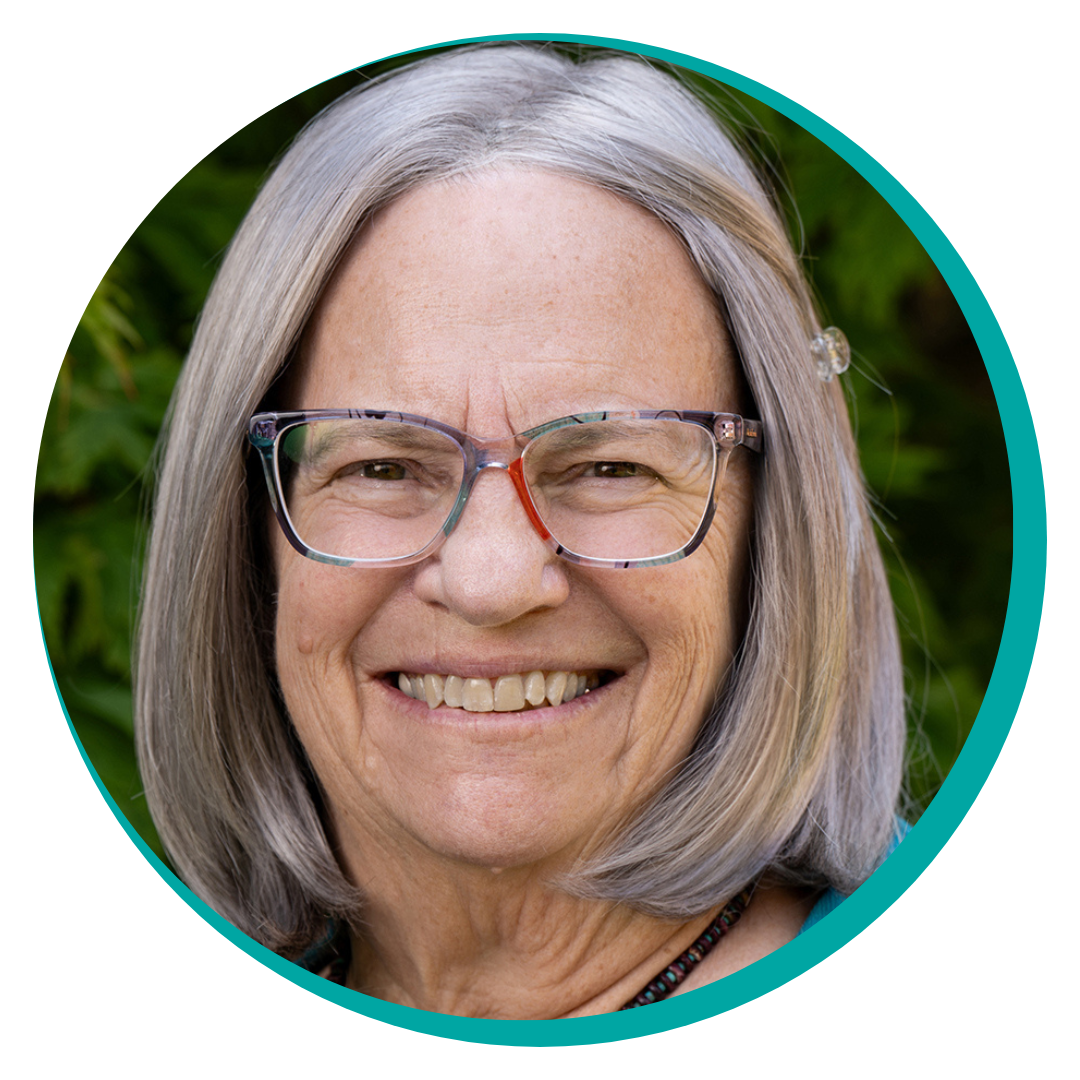
Barbara Israel, DrPH, received her Doctorate in Public Health and Master in Public Health degrees from the University of North Carolina at Chapel Hill. She has published widely in the areas of: the social and physical environmental determinants of health and health inequities; the relationship among stress, social support, control and physical and mental health; and community-based participatory research (CBPR). Dr. Israel has extensive experience conducting CBPR in collaboration with partners in diverse communities. Since 1995, she has worked together with academic and community partners to establish and maintain the Detroit Community-Academic Urban Research Center (Detroit URC). One of the goals of the Center is to foster and support the development of equitable community-academic partnerships focused on understanding and addressing health inequities in the city of Detroit. The Detroit URC has facilitated the establishment of numerous such CBPR partnerships affiliated with the Center, which are engaged in multiple NIH and Foundation-funded basic etiologic research, intervention research and training projects aimed at increasing knowledge and addressing factors associated with health inequities. Dr. Israel is actively involved in several of these CBPR partnerships and projects examining, for example, the environmental triggers of childhood asthma and strategies for reducing them, the social and physical environmental determinants of cardiovascular disease, the impact of physical activity interventions on heart health, the translation of research findings into policy change, and capacity building for conducting CBPR and policy advocacy. Dr. Israel received the Excellence in Teaching Award at U-M SPH in 2007, the Harold R. Johnson Diversity Service Award, at U-M in 2013, and the Game Changer Designation, in the field of health behavior and health education, by the American Journal of Health Promotion (2015).
